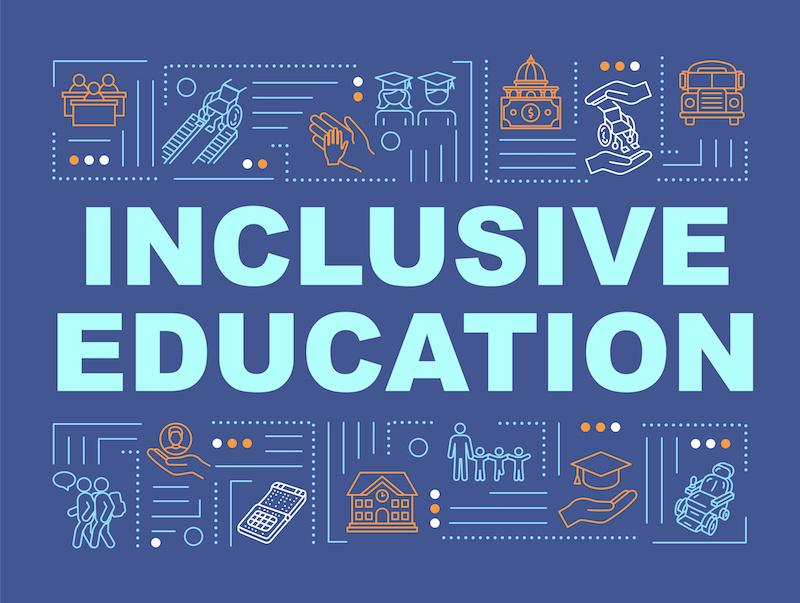Effective Mainstreaming and Inclusion Strategies
ABCs of Effective Mainstreaming and Inclusion lays the foundation for K-12 educators who want to know more about teaching students with various physical or mental impairments. Through this course, educators will be better prepared to teach children with learning differences, maximize each student’s strengths, and become more confident in their ability to meet the multitude of challenges that accompany mainstreaming and inclusion.
|
Course Name: ABCs of Effective Mainstreaming and Inclusion |
|
|
Course Number: EDUC 712Y |
Semester Credits: 3 |
Course Description
An increasing number of special education students are receiving instruction in the general education classroom, K-12th grades. This course offers definitions, information on diagnoses, observable traits, and instructional/behavioral strategies to support each learner. You’ll be better prepared to handle the most frustrating aspects of teaching a child with a learning difference, more prepared to maximize each student’s strengths, better equipped to meet the multitude of challenges ahead and manage change in education.
Goals
- Learn definitions regarding various exceptionalities
- Become familiar with criteria for diagnosing various exceptionalities
- Recognize common traits of exceptional learners
- Provide instructional strategies for exceptional learners
- Provide behavioral strategies for exceptional learners
- Promote positive mainstreaming and inclusion practices
- Manage change in education
Course Contents
- Definition of an inclusive school
- Historical perspectives
- Managing complex change toward inclusive schooling
- Practices that foster inclusive education
- Adapting curriculum
- Practical advice
- Resources
- The whole child
- Elements of learning
- Students’ and parents’ rights
- Multifactored evaluation
- Clinical evaluations
- Reading – the basis of learning
- Mathematics
- Communication disorders
- AD/HD
- Tourette’s Syndrome
- Obsessive-compulsive disorder
- Sensory integrative dysfunction
- Oppositional defiant disorder and conduct disorder
- Autism
- Mental retardation and developmental disabilities
- Visual Impairment
- Hearing Impairment
- Orthopedic Impairment
- Traumatic Brain Injury
- Environmentally Induced Impairments
- Deficits in organizational skills
- Management approaches
Evidence of Learning Outcomes
Upon completing ABCs of Effective Mainstreaming and Inclusion, the student will have demonstrated knowledge of the history, evolution, and the current state of mainstreaming and inclusion in the classroom.
How to Register
ABCs of Effective Mainstreaming & Inclusion is offered in both an online or emailed PDF format, and all books and materials are included in the registration. Like all of our courses, it is open for anyone to register at any time during a semester. After completion, students earn graduate, non-degree semester credit from an accredited university, as reflected on their official transcript.
Registration is straightforward and can be done online or over the phone. Courses are offered ongoing during three semesters, and you can start whenever you are ready! Students may choose to enroll in up to a maximum of 15-semester credits at any time during each semester. The registration dates are:
- Fall: September 1 - January 31
- Spring: February 1 - May 31
- Summer: June 1 - August 31
